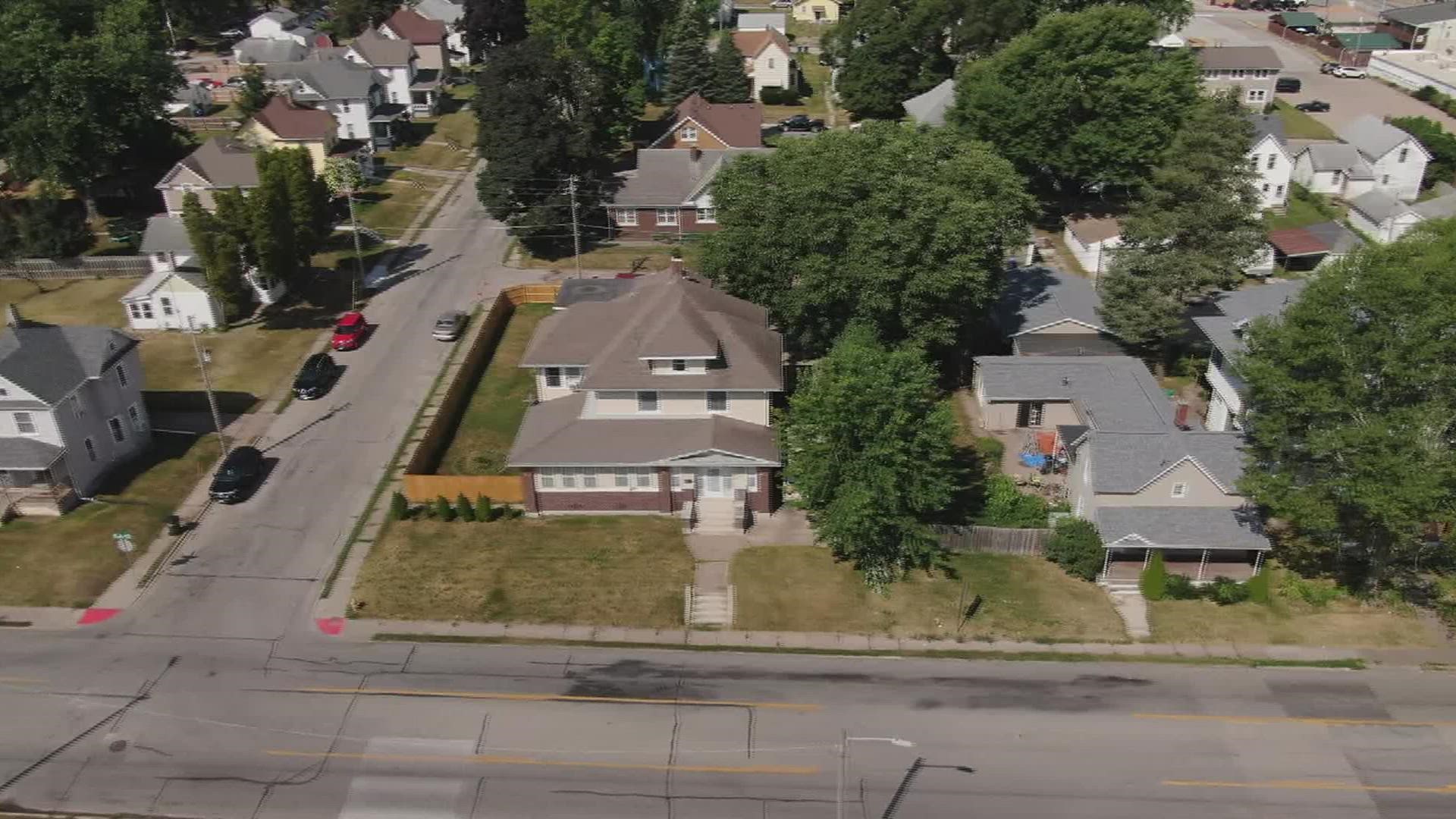DAVENPORT, Iowa — In the Quad Cities, the demand for affordable housing is so high, but there aren't enough affordable and available homes for low income renters to move into.
According to the most common rule of thumb, renters and homeowners shouldn't spend more than 30% of their gross monthly income on housing. Affordable housing means you are spending under that amount.
"We have an affordable housing crisis in the Quad Cities," said Humility Homes Strategic Initiatives and Grants Manager, Ryan Bobst. "Households that make less than 23,000 annually - they're frequently cost burdened and at risk of homelessness, and in the Quad Cities, that represents 74% of extremely low income households that are cost burdened."
Bobst explained that for every 100 low income renter households, there are only 37 available and affordable units. That means there is a gap of 6,645 units needed to meet the community's needs.
"There isn't a lot of housing to meet the demands and, subsequently, the affordability becomes an issue," said Moline Housing Authority CEO John Afoun. "The need is tremendous, and we need to do more. We need to provide more affordable housing."
The current market rate for a one bedroom unit is $650 a month, according to Bobst. Let's say, following the 30% rule, a person in Iowa is working a minimum wage job at $7.25 an hour. That person works 40 hours a week for four weeks a month. Their gross monthly income, meaning before taxes, would be $1,160. Take 30% of that, and that person should only spend $348 a month on housing. On the Illinois side, minimum wage is $11. Following that same math, their gross monthly income is $1,760 and they should spend $528 on housing. Both of those are under the price of a simple one bedroom.
"So 74% of those households are already spending more than 30% of their income on housing, because they just don't exist, they're not available," Bobst said. "That represents 9,500 households in the Quad Cities."
"If you look at especially Moline, Moline is very expensive within the Quad Cities, so that the minimum wage does not get anywhere closer to enable people to afford decent housing," Afoun said.
He said that they currently have over 1,000 people on a waitlist who want to move into the housing authority's public housing units.
According to Bobst, one of the reasons affordable housing is such a problem in the Quad Cities, is because the local governments don't invest in the production and preservation of affordable units.
"The other is that we don't protect our neighbors from being evicted, and so those have been perpetuated for generations and we're living with the same problems that have existed for a long time," he said.
Affordable housing units that get condemned by the city, such as the recent order to vacate at Crestwood Apartments in Davenport, are units that then go off the market and usually sit abandoned for awhile, Bobst said. This adds to the gap in housing needed.
"We allow landlords to wait so long to update their substandard housing, that then they become so inadequate that people can no longer safely live there, and the city ends up condemning them," Bobst said. "The solution is to work upstream, and to provide funding for landlords to make those renovations and repairs before we get to a point of condemnation."
People who experience housing instability are more likely to experience negative education and health outcomes, and have higher rates of poverty, according to Bobst.
"We also understand that the data tells us it's financially less expensive to provide affordable housing than have taxpayers pay for the negative life outcomes that are experienced by housing instability later on," he said. "Everyone deserves to have a place to call home."
Afoun said one solution for closing the gap is to develop housing in unused spaces he called "brownfields."
"Fields that have housing probably that's little older they can demolish and replace," he said. "Some of the old little factories that're around the Quad City areas that can be demolished and replaced with housing."
Moline Housing Authority was given $4.5 million in a state grant earlier this year to expand its Spring Valley Village location on 41st St. The plan is to build 18 new multi-family apartments. Afoun added that they're also in the process of applying to develop 23-25 more units on a parcel of land on 22nd Ave.

